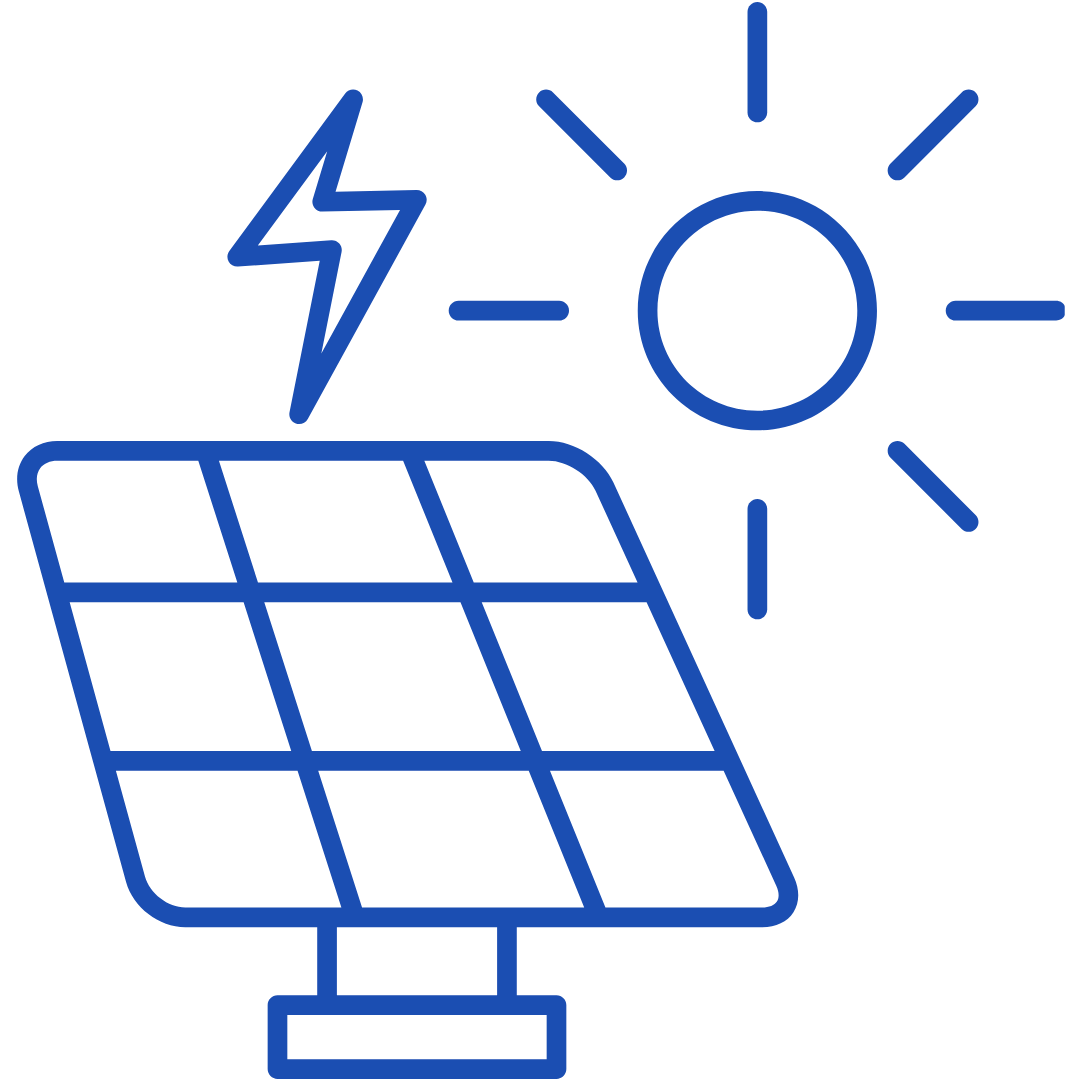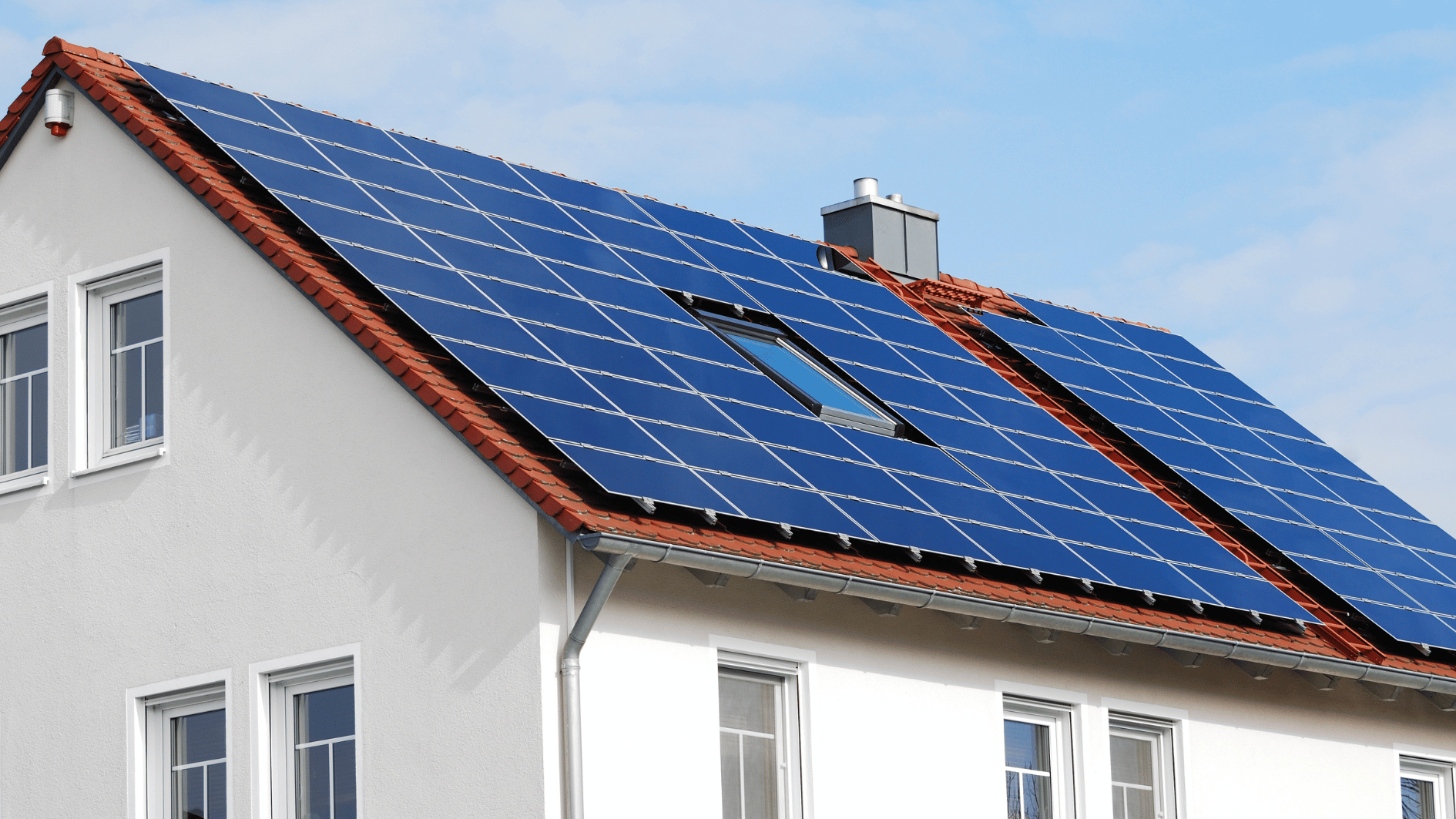Image source: Canva.com
When selecting solar panels for your home or business, one of the key decisions you’ll face is choosing the right wattage. Among the various options available, 250-watt solar panels have long been a popular choice for both residential and commercial installations. But are they the right choice for your solar system? This article will explore the features, benefits, and considerations of 250-watt solar panels to help you make an informed decision.
What Are 250-Watt Solar Panels?
A 250-watt solar panel refers to a panel that can produce 250 watts of electricity under standard test conditions (STC). This power output measures the panel’s capacity to convert sunlight into electricity. The energy produced by a 250-watt panel will vary depending on factors like sunlight exposure, temperature, and system efficiency.
Understanding Solar Panel Wattage
Solar panels come in various wattages, typically ranging from 150 watts to 400 watts or more. The wattage of a solar panel is an indicator of its power output and efficiency. Higher-wattage panels generate more electricity and usually require fewer panels to achieve the desired energy output. However, lower-wattage panels like 250 watts are often more affordable and effective, especially when space and budget constraints are considered.
Benefits of 250-Watt Solar Panels
Choosing 250-watt solar panels offers several advantages:

Affordability
One of the main benefits of 250-watt panels is their cost-effectiveness. They are generally less expensive than higher-wattage panels, making them an attractive option for homeowners and businesses looking to manage upfront costs.
Flexibility
250-watt panels are versatile and can be used in a wide range of installations, from small residential rooftops to larger commercial systems. Their size and output make them suitable for various types of installations without requiring significant structural modifications.
Availability
As 250-watt panels have been on the market for some time, they are widely available and offered by numerous manufacturers. This availability means you have a broad selection of brands and technologies to choose from, allowing you to find a panel that suits your specific needs and preferences.
Ease of Installation
The standard size and weight of 250-watt panels make them relatively easy to install, which can reduce labor costs and installation time. Their compatibility with existing mounting systems also simplifies the installation process.
Considerations When Choosing 250-Watt Solar Panels
While 250-watt panels offer several benefits, there are also important factors to consider:
Energy Production
Depending on your energy needs, 250-watt panels may require more space to generate the desired amount of electricity compared to higher-wattage panels. For example, if you need to generate a significant amount of energy but have limited roof space, you may need to install more panels, which could increase installation complexity and cost.
250-watt panels tend to have lower efficiency ratings compared to newer, higher-wattage panels. Efficiency refers to the panel’s ability to convert sunlight into electricity. While the difference in efficiency may be small, it can impact the overall performance of your system, especially in areas with less sunlight or more shade.
Efficiency
Future-Proofing
As solar technology advances, higher-wattage panels are becoming more common and affordable. If you plan to expand your system in the future, it may be worth considering higher-wattage panels to ensure that your system is as efficient and future-proof as possible.
The total size of your solar system, measured in kilowatts (kW), is determined by the number of panels you install and their wattage. If you opt for 250-watt panels, you may need more of them to achieve the same system size as you would with higher-wattage panels. This consideration is especially important if you have limited roof space or are aiming for a specific energy production target.
System Size
Is a 250-Watt Solar Panel Right for You?
Whether 250-watt solar panels are the right choice for your system depends on several factors, including your energy needs, available space, budget, and long-term goals.
Energy Needs
If your energy consumption is moderate and you have ample roof space, 250-watt panels can be a cost-effective solution. They can provide sufficient energy production for most residential homes and small businesses.
Space Constraints
If you have limited roof space but need to maximize energy production, you might want to consider higher-wattage panels. However, if space is not an issue, 250-watt panels can offer a balanced solution in terms of cost and performance.
Budget Considerations
For those on a tighter budget, 250-watt panels may be an attractive option due to their lower upfront cost. They allow you to install a solar system without overextending your finances, while still providing substantial energy savings over time.
Long-Term Plans
If you plan to expand your system in the future or want to ensure your system remains efficient as technology evolves, higher-wattage panels might be a better investment. However, if your immediate goal is to reduce energy costs with a manageable investment, 250-watt panels are a practical choice.
250-watt solar panels are a reliable and cost-effective option for many solar installations. They offer a good balance of affordability, flexibility, and performance, making them suitable for a wide range of energy needs. However, it’s important to assess your specific circumstances, including energy consumption, available space, and budget, to determine if they are the best fit for your solar system.
Consulting with a solar professional can help you evaluate your options and make an informed decision. Whether you choose 250-watt panels or opt for higher-wattage alternatives, the key is to select a solar solution that meets your energy needs and supports your sustainability goals.





